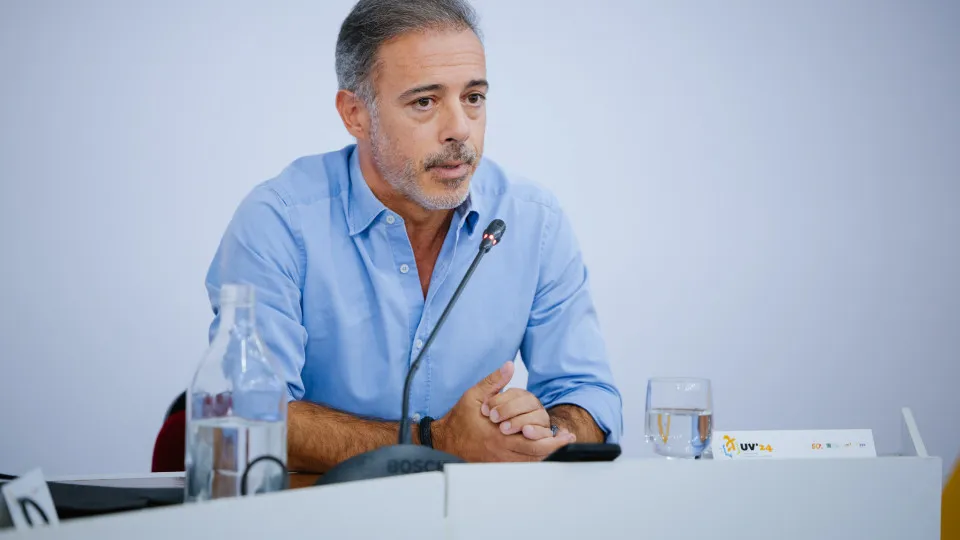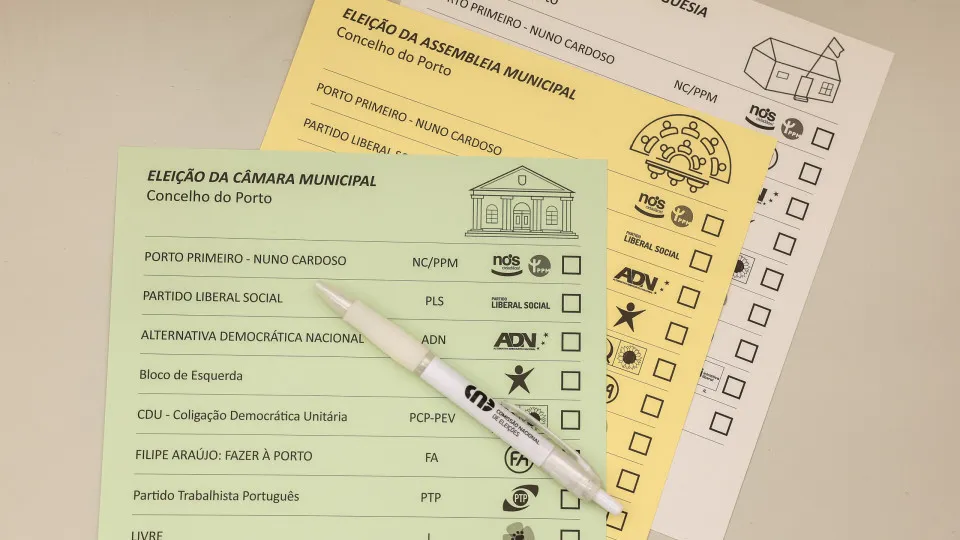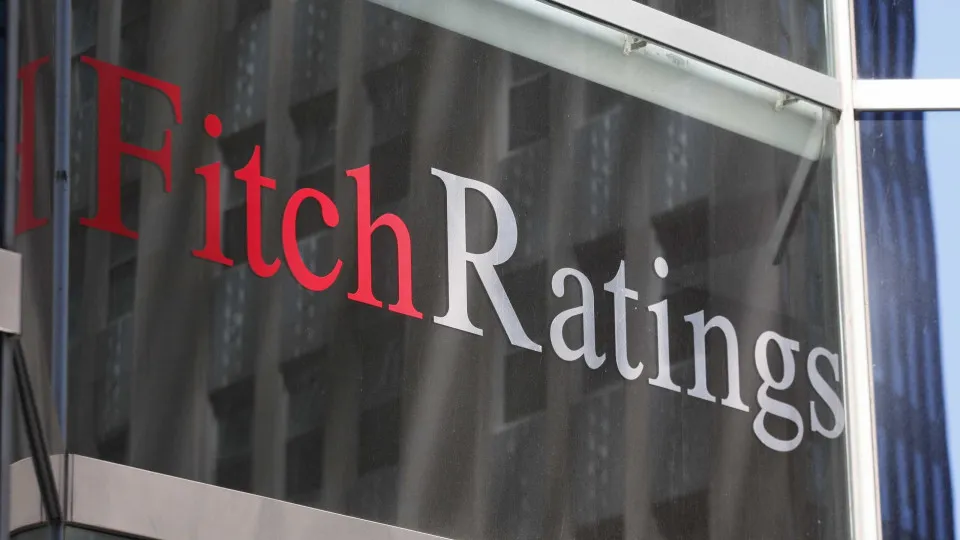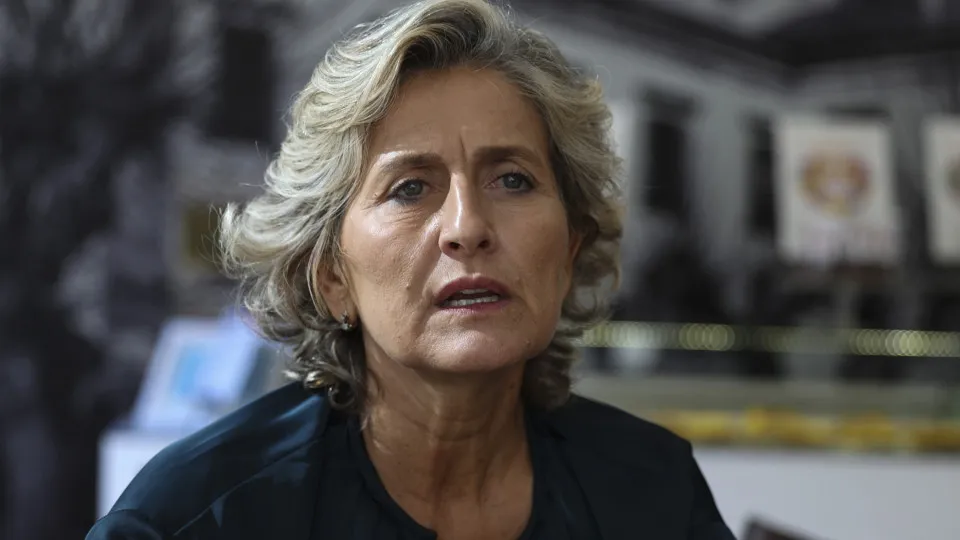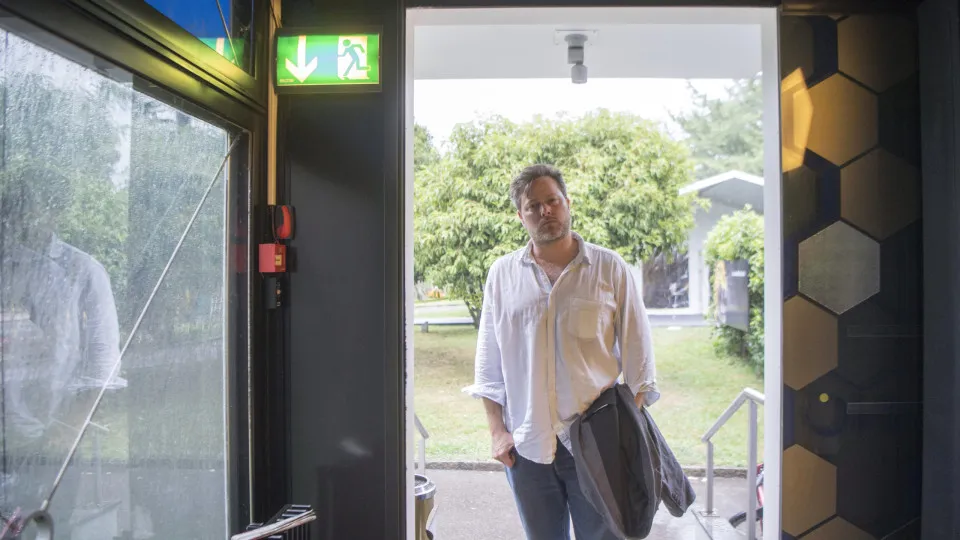
The Teatro do Montemuro, Cem Palcos, Companhia de Teatro de Braga, and the collective Saaraci are part of the program for the 9th edition of the festival, which also includes productions by Peripécia Teatro, Companhia do Chapitô, Companhia Caótica, and the Galician Butaca Zero, organized by the Teatro do Noroeste — Centro Dramático de Viana.
A total of 11 performances, accompanied by discussions between artists and audiences, will occur from November 15 to 22 at the Teatro Municipal Sá de Miranda.
Milo Rau will be in Viana do Castelo on November 17 for the debate “Political Interference in the Arts: For Artistic Freedom Against Censorship,” as part of the global campaign for art and democracy “Resistance Now! Together.”
Initiated by the director of the Vienna Festival last year, the campaign, which includes 200 cultural organizations globally, such as the Teatro do Noroeste and its festival, aims to “defend artistic freedom and combat censorship.”
The debate in Viana will “bring together Portuguese artists who have suffered censorship or cancellation and international voices to provide a broader context on this urgent issue,” explains Teatro do Noroeste on the campaign’s website.
“We recognize the importance of acting now […], to raise awareness, encourage solidarity, and contribute to the growing movement in defense of freedom of expression in the arts,” states the company.
Ruy de Carvalho opens the festival with “Ruy, a História Devida” by Paulo Coelho, directed by Paulo Sousa Costa. The show about the actor’s career spanning over 80 years premiered in 2023 and has been staged more than a hundred times in cities across Portugal.
On the second day, Teatro do Noroeste presents its latest production: “Outra vez peixe?!,” a comedy about identity and food literacy intended for “all childhoods,” showing how “taste changes throughout life.” The play is a creation by Adriel Filipe, Elisabete Pinto, Ricardo Simões, Tiago Fernandes, and Nuno J. Loureiro, who performs in it.
Also on November 16, Companhia de Teatro de Braga will bring “Os das latas de conserva” to Viana, a play from the war trilogy by British playwright Edward Bond (1934-2024), which “restored the theater’s subversive force.” The show is based on a “premonitory text” with its “brutal current relevance,” according to the company’s website. It has dramaturgy, direction, and stage design by Rui Madeira and premiered in January this year in Braga, featuring a choir of Ukrainian children.
“Ibéria – A Louca História de uma Península” is Peripécia Teatro’s offering from Vila Real on November 17. It is a “great battle where absurdity, irony, and humor clash with legends, historical facts, and implausible episodes,” through “the more or less silly history that connects Portugal and Spain over more than 1000 years,” describes the company on its website.
On November 18, Cem Palcos from Viseu stages “A baba do lobo,” by Graeme Pulleyn and Márcio Meirelles, a play born from the research “As viúvas do volfrâmio e os seus filhos,” which brought together artists, writers, scientists, and researchers from Portugal and Brazil.
The play, which explores wolfram mining in northern and central Portugal during World War II, extends across eras and borders, reflecting on the social and political consequences of mining and highlighting significant human and environmental issues of today.
The project was developed with Teatro Vila Velha in Brazil, featuring texts by Mónica Santana and Sandro William Junqueira.
On November 19, Companhia do Chapitô presents its version of “Rei Lear,” featuring just three actors – Carlos Pereira, Susana Nunes, and Tiago Viegas – who deconstruct Shakespeare’s classic to survive the tragedy, abuse of power, madness, and betrayal, relating the drama to current times. The direction is by José Carlos Garcia.
Saaraci Coletivo Teatral from Porto will showcase “Cabral corpo” by João Branco on November 20, “a creation at the intersection of theater, dance, and performance that flows into Creole bodies, with their popular-rooted expressions, their topographical landscapes, their movements, their energetic scores, starting from the premise that external movement is subservient to inner feeling,” according to the synopsis.
On the same day, Butaca Zero from Galicia presents “O único que verdadeiramente quixen toda a vida é ser delgada,” with text and performance by Esther Carrodeaguas, an ironic take on body relationships in the ‘fatphobia’ era, according to the company. The performance takes place within the context of the Capital of Culture of the Eixo Atlântico.
On the festival’s penultimate day, Teatro do Montemuro from Castro Daire presents “Lá,” by José Luis Peixoto, directed by Miguel Seabra from Teatro Meridional in Lisbon.
“Lá” is the city men and women from the interior leave for, a story that crosses urban and rural spaces, past and present, serving as a metaphor for territorial inequalities and the migrations of recent decades.
The last day opens with “Tocas,” by António-Pedro and Caroline Bergeron from Companhia Caótica in Lisbon, a wordless show for all ages, “that speaks of the need for a home and affection.” The performers are António-Pedro and Alban Hall.
Familie Flöz closes the festival with “Hokuspokus,” a piece about the adventure of theatrical creation, a serious play with the Latin phrase from which the title derives: “This is my body.”
The theater of Familie Flöz has been a recurring presence in Portugal, notably through the Almada Festival, where this year, in July, it was once again chosen by the public to return in 2026 with the show “Teatro Delusio.”
Teatro do Noroeste announces that all festival performances are equipped with accessibility features such as simultaneous Portuguese Sign Language translation, subtitles in Portuguese and English, stage recognition, and audio description.
Tickets are available through the Bol platform. The program can be accessed at tmsm.pt.

